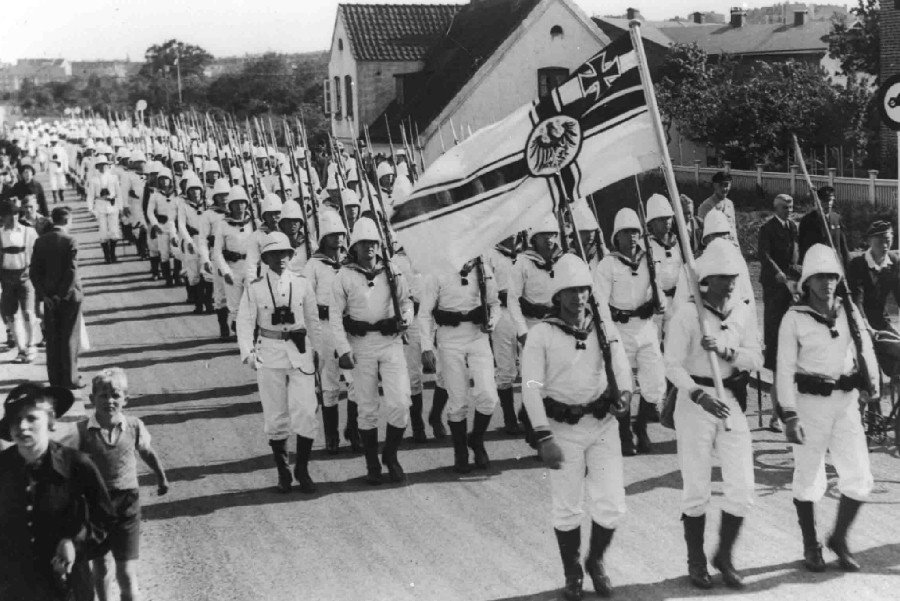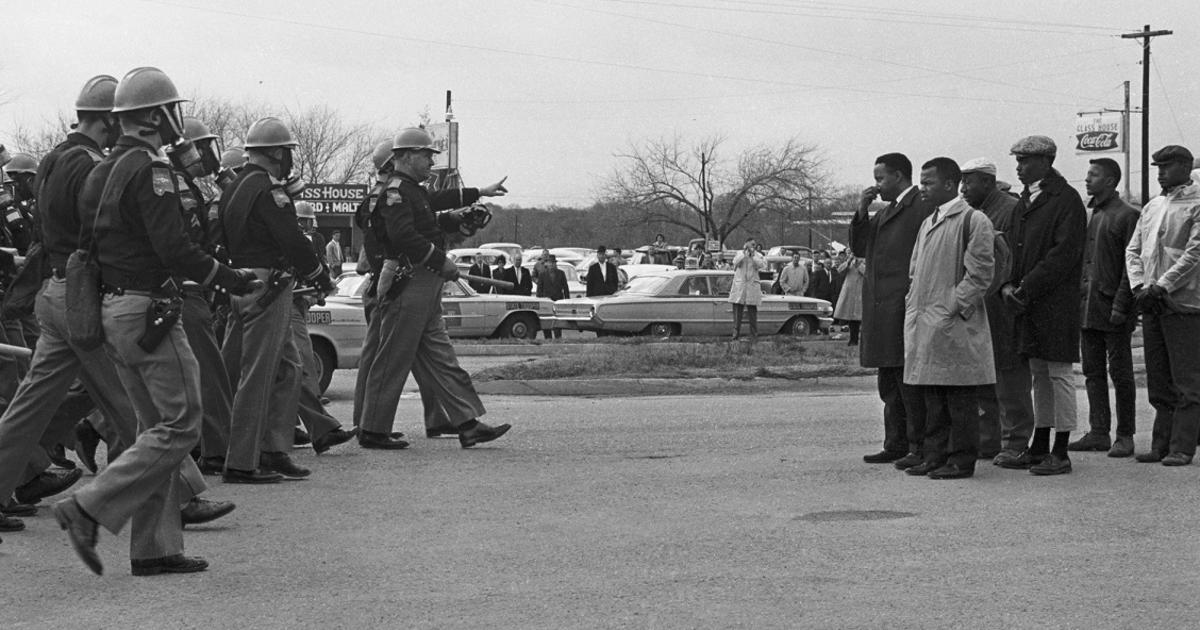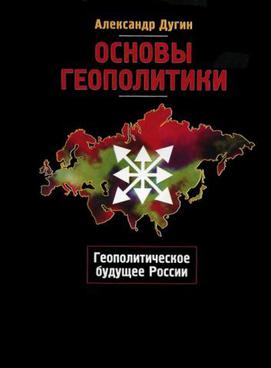The next couple chapters are going to be in-depth looks at future Presidents Kennedy and Nixon (the only two OTL presidents for the rest of the 20th century). I hope that you'll like the direction I take these two gentlemen...
After that, we're going to cover the Rockefeller Presidency, Germany's fiasco in India, the death of Stalin, pop culture, and the rise of new ideologies in the Big Three. Stay tuned!
After that, we're going to cover the Rockefeller Presidency, Germany's fiasco in India, the death of Stalin, pop culture, and the rise of new ideologies in the Big Three. Stay tuned!









